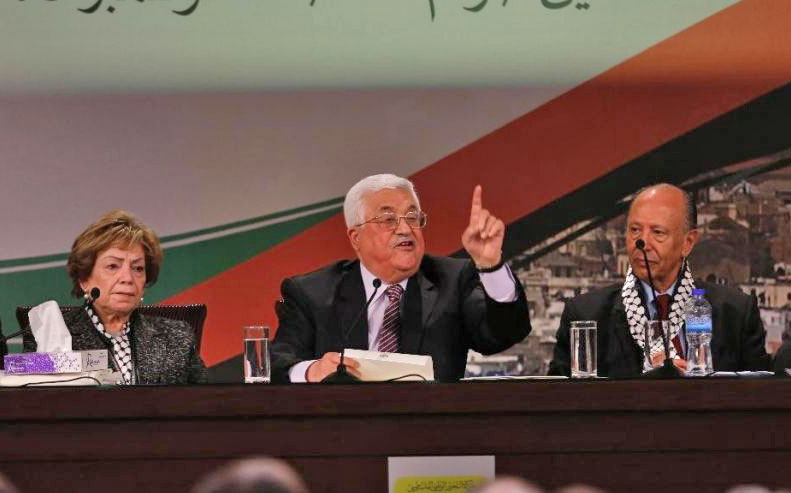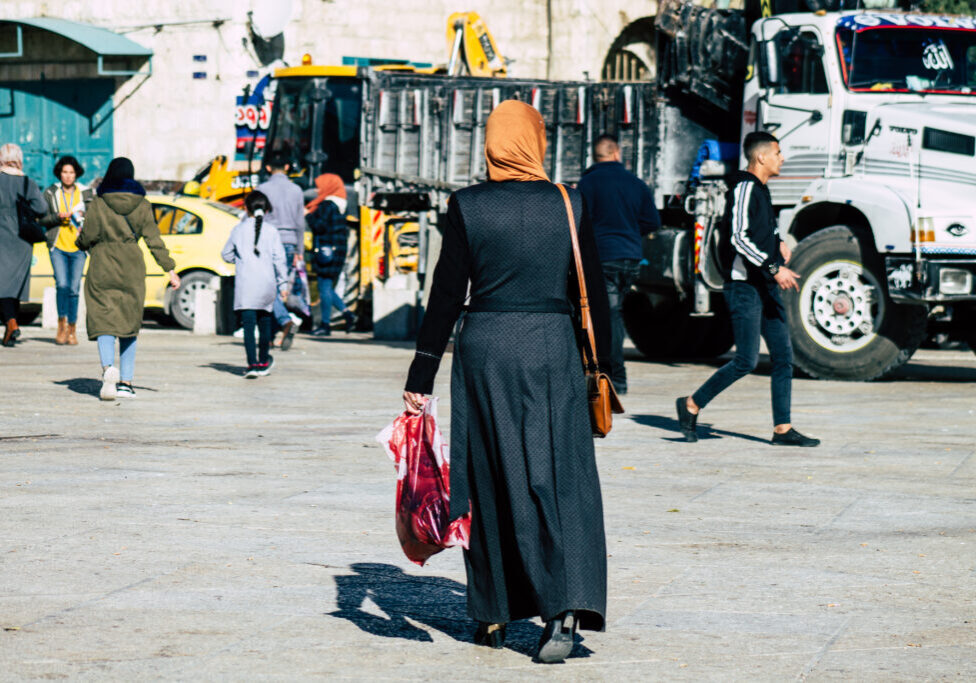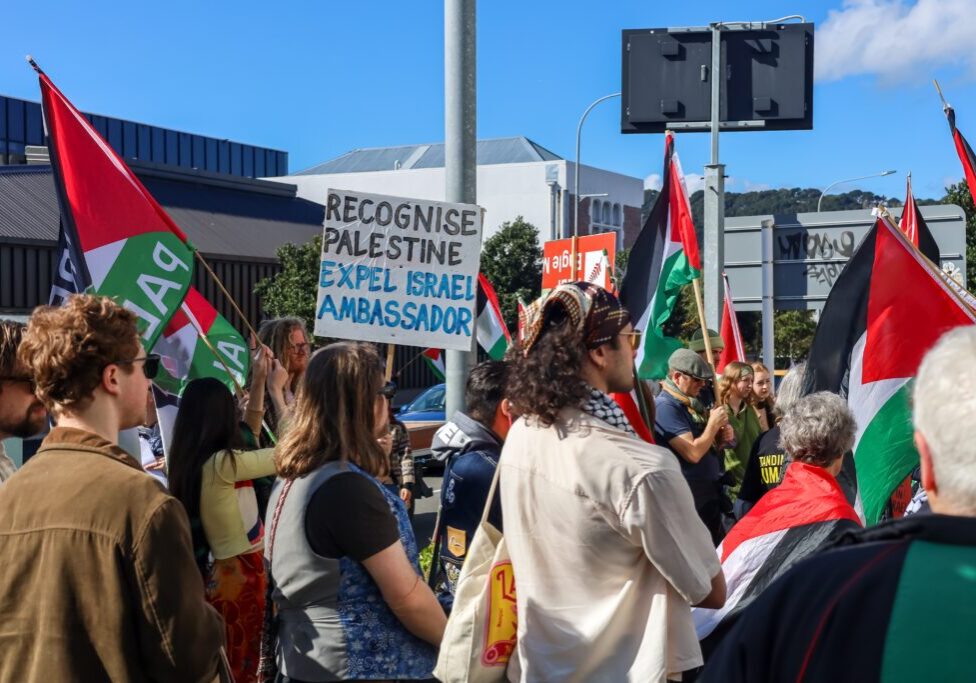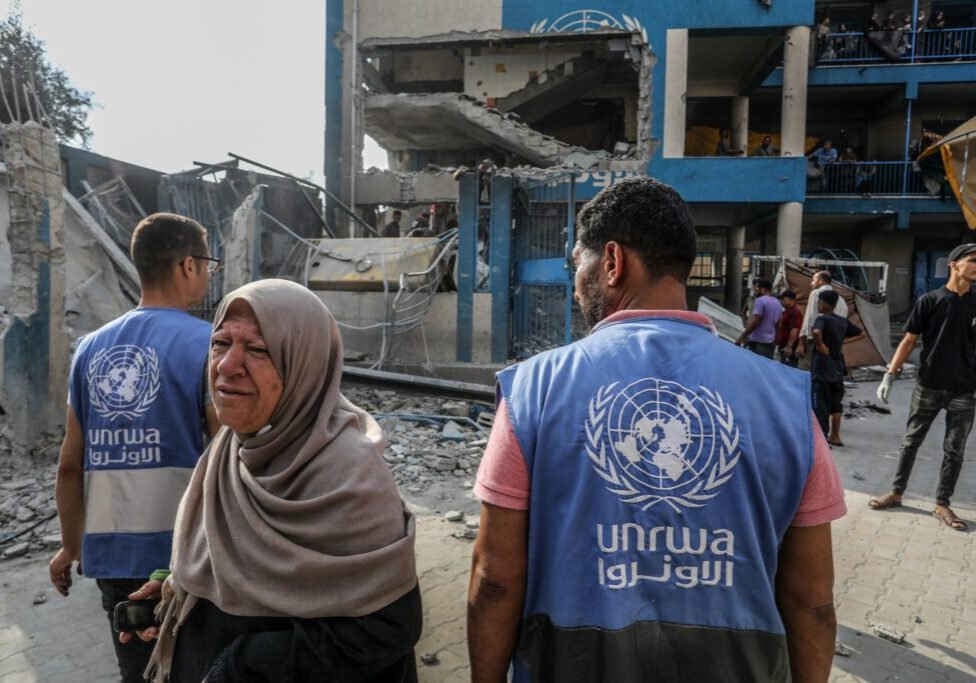Australia/Israel Review
Fatah fails to give itself a boost
Dec 23, 2016 | Ben Lynfield

Ben Lynfield
Fatah, challenged by Hamas on the one hand and Israeli settlement expansion on the other, was badly in need of a boost as it headed into its seventh congress, which ran from November 29 through December 4 in Ramallah.
This boost could have come in the form of new ideas and new, younger, more charismatic leadership emerging from the first Fatah elections since 2009.
But with the close of the conference and the announcement of the names of those elected to the Fatah Central Committee, it became crystal clear that the movement is stagnating rather than reviving itself.
Most younger-generation leaders such as Kadoura Fares, a former minister and associate of jailed second intifada leader Marwan Barghouti, did not get seats. In the short term, it may serve Palestinian President Mahmoud Abbas’ interests to have a central committee lacking in pluralism and stacked heavily with yes-men, but whether it is good for Fatah and the Palestinian cause is another question entirely.
Not only has Abbas failed to make Fatah more dynamic and appealing, it seems he did not even recognise the importance of trying to do this.
Instead, this central committee looks a lot like its predecessor. Its most popular leader, Barghouti, has symbolic resonance, but he can’t go to any meetings because he is serving multiple life sentences for the murder of five people. Still, his tallying of the most votes strengthens his position in becoming a successor to Abbas.
Jibril Rajoub, the head of the Palestinian Football Federation, came in second. Among holdovers from the previous committee are: Muhammad Ishtayeh, a former negotiator with Israel; Hussein Sheikh, in charge of coordinating civil affairs with Israel; Mahmoud Alul, former governor of Nablus; Tawfiq Tirawi, the former West Bank security chief; Saeb Erekat, chief interlocutor with Israel; and Nasser Qidwa, Yasser Arafat’s nephew and a former foreign minister. One relatively young new face belongs to the only woman on the committee, Dalal Salameh, a former legislator from the Balata refugee camp. But she is the exception that proves the rule. There is only one Gazan on the committee, Ahmed Hellis.
“It’s the same names, ages, colours. There are one or two younger people. The rest are the same old faces, political line, same everything. There is very limited new blood,” said Ghassan Khatib, a former Palestinian Authority cabinet minister who is Vice-President of Bir Zeit University.
“The Fatah leadership is too old compared to the members. These elections will continue and increase the alienation of Fatah members who are young,” he said.
Nor are the elections representative of Fatah as a whole given the exclusion from the conference and thus from the central committee of Mohammad Dahlan, the former Gaza security chief and one time favourite of the Israeli defence establishment, and his followers. He was elected to the central committee in 2009 but expelled from Fatah two years later after he criticised Abbas.
“The central committee is made of one colour, one faction since Abu Mazen excluded all Dahlan loyalists,” said Mkheimar Abu Sada, a political scientist at Al-Azhar University in Gaza.
“If the conference itself is any indication, this central committee won’t be one where alternative approaches are formulated. The conference seemed to lack policy debates, at least open ones.
“Its chief dramas revolved not around existential issues such as how to change the skewed balance of power with Israel, but rather around who would and wouldn’t be elected to the central committee.”
Small wonder the Palestinian public showed little interest in the congress.
“For the public, this election was either Abbas or Abbas, it was the same members of the central committee,” said Khatib. “From outside the movement there was no excitement, the public was completely indifferent.”
The conference did not address the issue of succession to Abbas, who is 81 years old. Its assumption was that he will just go on for the foreseeable future.
In policy terms, Abbas outlined the agenda in a speech on Nov. 30, mostly restating his positions and not breaking new ground – a call for implementation of the 2002 Arab peace initiative without modification; rejection of interim solutions; refusal to recognise Israel as a Jewish state; praising the first intifada; and not mentioning the second one, which he had criticised in real time for being “militarised.”
“He succeeded in getting support for his political vision and program to use diplomatic and legal means only. He succeeded in downplaying armed resistance to Israel,” said Abu Sada.
That did not impress the Netanyahu Government, however. Energy Minister Yuval Steinitz seized on a statement by Abbas that Palestinians may back off from their recognition of Israel if Israel does not recognise Palestinian statehood.
In an interview with Voice of Israel, Steinitz termed Abbas “the number one enemy of the very existence of Israel.” In the aftermath of the conference, Abbas is in a position to call a much delayed session of the PLO’s parliament, the Palestine National Council, in order to hold elections for the executive committee and the PLO central council, moves that, on the surface, could further enhance his legitimacy as a leader.
On the ground in the West Bank and Gaza Strip, Abbas is likely to intensify his crack down on Dahlan loyalists, Abu Sada predicts.
In Gaza, this will mean cutting more Palestinian Authority salaries of Dahlan supporters. In the West Bank, it could take the form of a security campaign in refugee camps such as Amari and Balata where Dahlan has gained popularity.
Ben Lynfield is Arab Affairs correspondent at the Jerusalem Post. © Jerusalem Post, reprinted by permission, all rights reserved.
Tags: Palestinians






